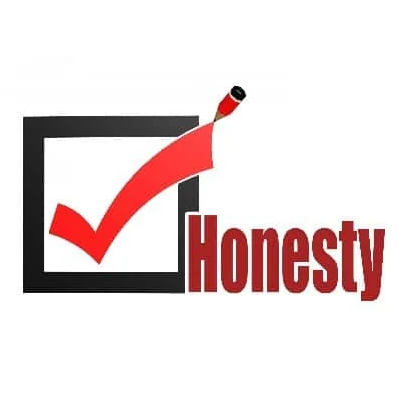Test honesty of your staff? $50 temptation?
February 04, 2016

I have seen a few people advocate dentists setting up a plan to test honesty of their front desk staff. Normally this involves the dentist surreptitiously slipping an extra $50 into the cash drawer to see what happens to it. The theory is simple; if the person handling the cash brings the overage to the doctor, they are honest, and if they don’t, they aren’t – a way to test honesty.
This test suffers from a basic flaw — the inventor understood the thought process of honest people far better than he or she understood thieves.
Test honesty – what will you learn?
If I were working at your front desk and noticed an extra $50 in the cash drawer (and I would notice because thieves almost always have excellent control over cash), the question I would ask myself is what the best way to “invest” the errant $50 would be. Whether I would recognize that I was being tested or not, I would realize that returning this money to you would convince you of my honesty, which will dramatically increase my opportunities for stealing.
Therefore, my “investment” of giving you back the $50 would probably be returned to me hundreds of times. In fact, it wouldn’t surprise me at all to find an occasional thief simply returning a small portion of what they have stolen from you as a “cash overage,” with exactly the same effect.
I’ll also make a basic observation about human nature. In general, honest people do not feel a need to tell you how honest they are, and what we call “conspicuous displays of honesty” are a red flag, whether you are observing the behavior of a staff member or buying a car.
So I agree that if you sneak $50 into the cash drawer and it disappears, you have a problem, but in the situation where the $50 is returned, I think that you learned absolutely nothing.
Have questions about your practice? Click the button below